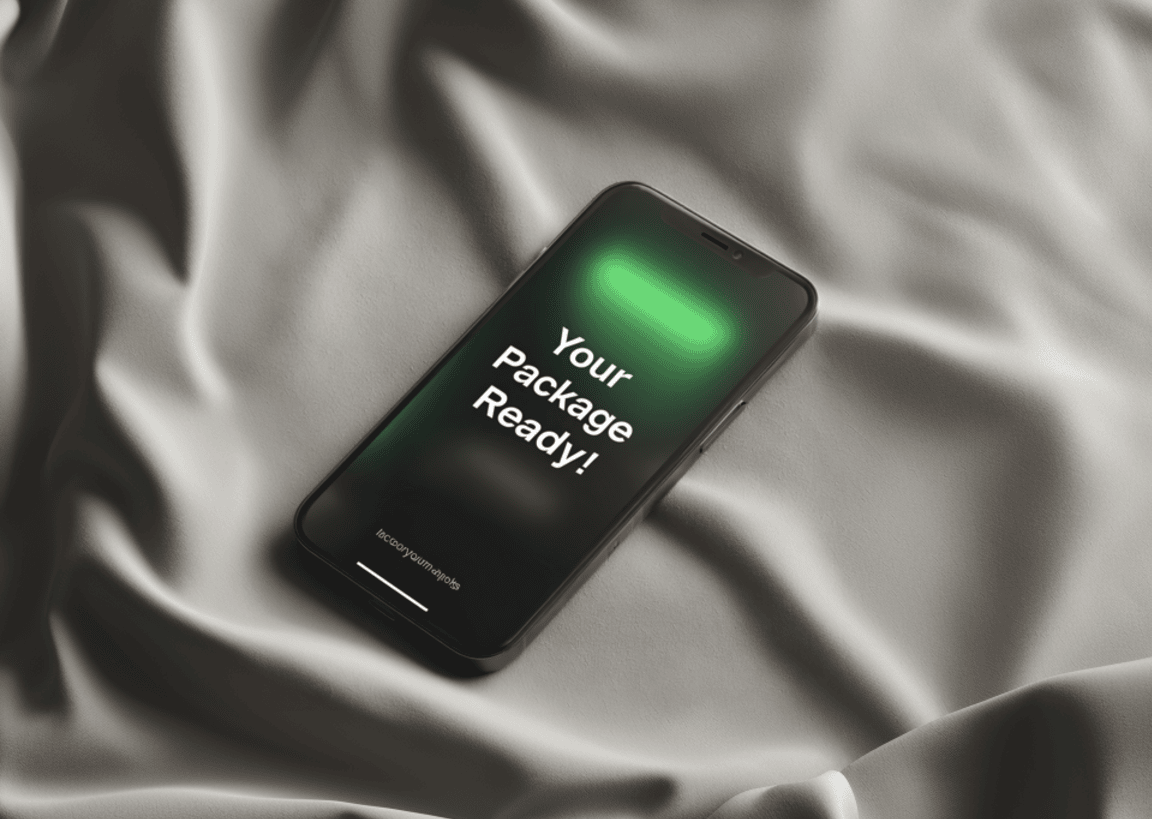Mailroom Management: Planning the Perfect Layout

If the sight of a cramped and cluttered mailroom is a constant source of stress, it might be time for a makeover.
Mailroom management is often a small part of a business or university’s operations. However, this tiny cog keeps the machine running smoothly. Secure and timely deliveries keep tenants, employees, and students happy.
One thing all mailrooms all struggle with? Organization. With the right tools and a thoughtfully designed layout, your mailroom can become a streamlined hub for communication and logistics.
Come Up With a Smart Sorting System

The ideal sorting system will vary depending on an organization’s size, average volume of deliveries, and its existing rules. Start by assessing the types of mail you receive and how you want to sort them.
Start by grouping them into broad categories, such as letters and packages. Then, sort them into smaller sub-categories, such as:
- Size (Small, Medium, Large, and Oversized boxes)
- Carrier information (USPS, FedEx, Amazon, etc.)
- Recipient’s department (HR, Marketing, IT)
- Recipient’s floor number
- Recipient’s building (For large campuses or businesses with more than one building)
Dividing things into smaller, specific groups makes it easier to find what you need. Instead of searching through a messy pile, staff can use a special label to find things quickly.
Mailrooms can use different sorting systems depending on the amount of mail. For medium volume or day-to-day deliveries, they can sort by last name and parcel size.
For peak periods, they can use barcodes to process packages in ascending numbers. This can be helpful for significant events, like student move-in day or Black Friday sales.
Think About the Workflow
.webp)
Observe the mailroom and take note of areas where people may have to cross paths. A linear setup can prevent counterflow and ensure people don’t bump into each other while working.
Make sure the mailroom’s entry and exit points have enough space to handle busy times. Set up temporary holding zones to prevent crowding and delays.
Mailrooms can also have designated areas for every step of the package management process. There should be separate stations for receipt, sorting, storage, and collection. An area for overdue packages can prevent disruptions when new ones arrive.
Label Everything
Labels are the best tool to keep everything in order. Use clear, visible labels to identify zoning areas quickly and prevent mix-ups. Consider the following:
Color Coding
Using colors as a visual cue can help staff associate tasks with specific colors. Assign a color to each category to make them easier to recognize.
A different color can indicate the day an item arrived in the mailroom. This helps staff see how long a parcel has been on the shelf. If it’s overdue, they can remind the recipient to collect.
Alphabetical Sorting
A simpler way to sort deliveries is alphabetically. This method works for organizations that need to sort deliveries in a more granular manner. After grouping mail and parcels by floor, you can then sort them by the last name of the person receiving them.
Barcodes and Incrementing Numbers
For large organizations, a barcode system is a great way to manage the constant flow of packages. This creates a linear system and prevents constant reshuffling when new deliveries arrive. Use this with a parcel management system that can scan barcodes.
Think Vertically

Most mailrooms make use of an existing space, so it can be difficult to maximize if there’s not a lot of room to begin with. Not every organization has the resources to expand a mailroom’s square footage. So, instead, take advantage of vertical space.
High shelves can free up floor area, which allows staff to move around more freely. Open shelves make it easier to see where packages are. With them, staff can spend less time locating packages that are ready for pickup.
Another benefit of this is safety. With storage shelves, you can minimize clutter and reduce tripping hazards. Mailrooms can use shelves that can fit different sized packages, instead of stacking them on top of each other.
Consider whether the mailroom needs additional furniture, such as mail organizers or pigeonholes.
Maintain Proper Lighting and Ventilation

A good work environment should be both efficient and comfortable. Mailroom staff spend a lot of time carrying and sorting packages, which can get tiring after a few hours.
Get comfortable chairs so staff can have a place to rest. Good lighting can prevent eyestrain. Additional task lighting can be useful when scanning labels.
Good airflow is just as important. Packaging materials shed paper particles, which can be harmful to one’s health. Open windows or an air purifier can make the mailroom more comfortable.
Form a Plan
With these mailroom organization ideas in mind, it’s time to put a plan into action. Schedule a day to focus on reorganizing and revamping the layout.
Choose a day when the mailroom isn’t so busy to prevent disruptions. It can be a slow day or over a weekend.
Create a map or diagram to visualize where everything needs to go. Start reorganizing from the back-most part of the room and work your way to the front. This will allow you to make slight adjustments to the space and flow of traffic.
Inform the staff of the new mailroom layout and test it on a regular day. Make any necessary adjustments based on the feedback.
Reassess and Adjust as Needed
A mailroom’s needs may change as the organization grows. Review the layout regularly to ensure it meets your operational demands. Small tweaks to the layout, additional mailroom furniture, or an updated sorting system can go a long way.
Mailroom Management: How to Stay on Top of a Busy Mailroom
A proactive approach can help you create a workspace that not only meets you organization’s needs, but also one that can adapt to future challenges. Understand the workflow and use it as a basis for improvement. Remember: this isn’t just for the recipients; it’s also for the staff’s comfort and well-being.
Take your mailroom management efforts a step further with a package tracking app. Try Parcel Tracker to find out how to record incoming and outgoing mail, automate notifications, and so much more.






